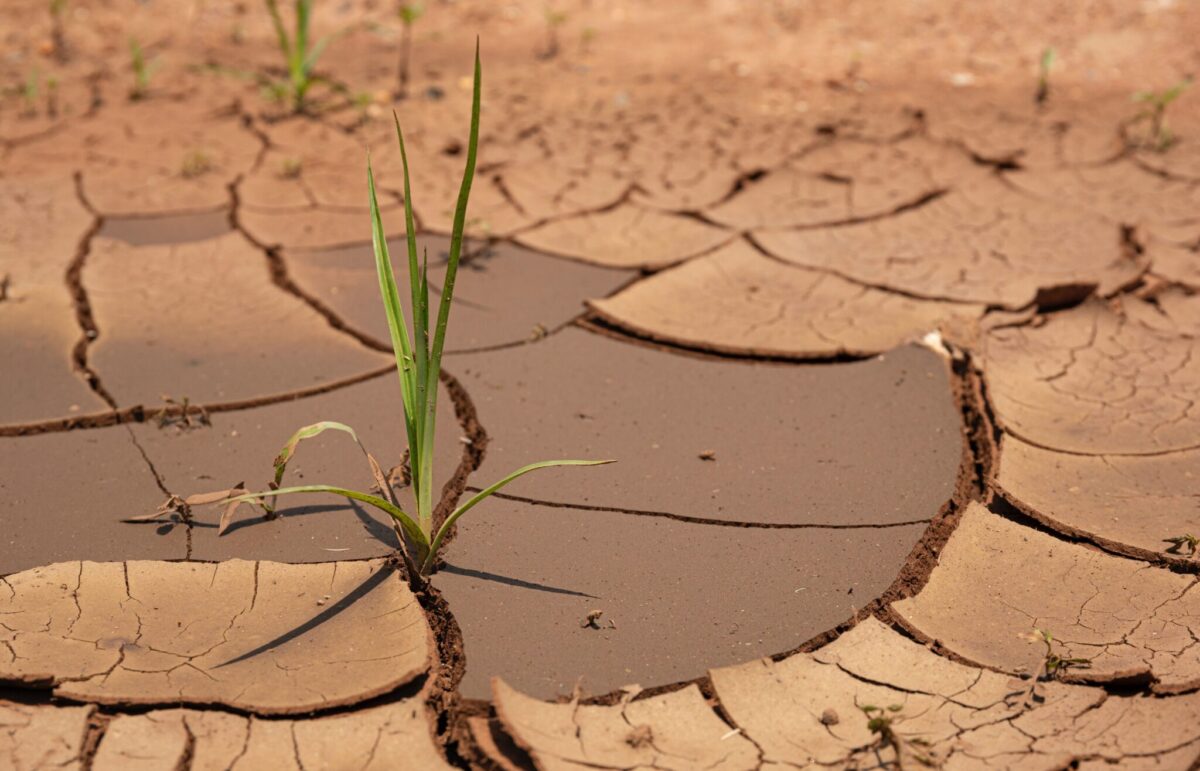Lesotho farmers brace for a second El Niño in eight years

On July 4, the World Meteorology Office announced an upcoming El Niño in the southern hemisphere and I was immediately taken back to 2015. I had just started my first job in humanitarian response at the peak of an El Niño-induced drought in Lesotho.
The drought was severe, drying up most rivers and leaving Lesotho’s largest water reservoir, Katse Dam, at only 50% capacity which declined even further following the El Niño. Many fields were left unplanted and those that were planted yielded very little, everything was barren.
According to National Geographic, El Niño is a climate pattern that describes the unusual warming of surface waters in the eastern tropical Pacific Ocean. El Niño is the “warm phase” of a larger phenomenon called the El Niño-Southern Oscillation (ENSO).
Led by the work of Sir Gilbert Walker in the 1930s, climatologists determined that El Niño occurs simultaneously with the Southern Oscillation. The Southern Oscillation is a change in air pressure over the tropical Pacific Ocean. When coastal waters become warmer in the eastern tropical Pacific (El Niño), the atmospheric pressure above the ocean decreases.”
The situation in 2015 and 2016 was quite alarming as we witnessed the impacts of El Nino within our communities and saw how our community members were faced with the despair, frustration, and hopelessness of failing crops. As climate change is expected to increasingly magnify the effects of El Niños, countries like Lesotho will need to implement effective measures to address the worsening impacts…
Read the rest of this article, written by 2023 Alumna Refiloe Semethe during her PDE at Planet Forward, a project promoting effective environmental and science communication.
The Mandela Washington Fellowship is a program of the U.S. Department of State with funding provided by the U.S. Government and administered by IREX. The views expressed in this piece are those of the author and do not necessarily represent the views of the U.S. Government.
Next Story
Michel Cabral
2023 Fellowship Alumnus, Cabo Verde